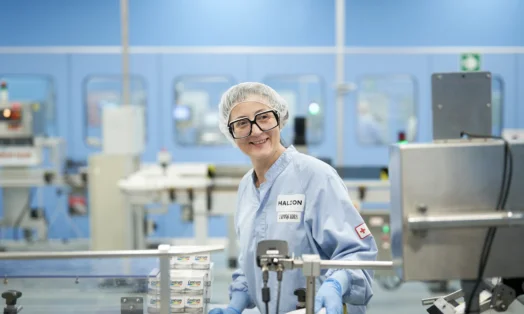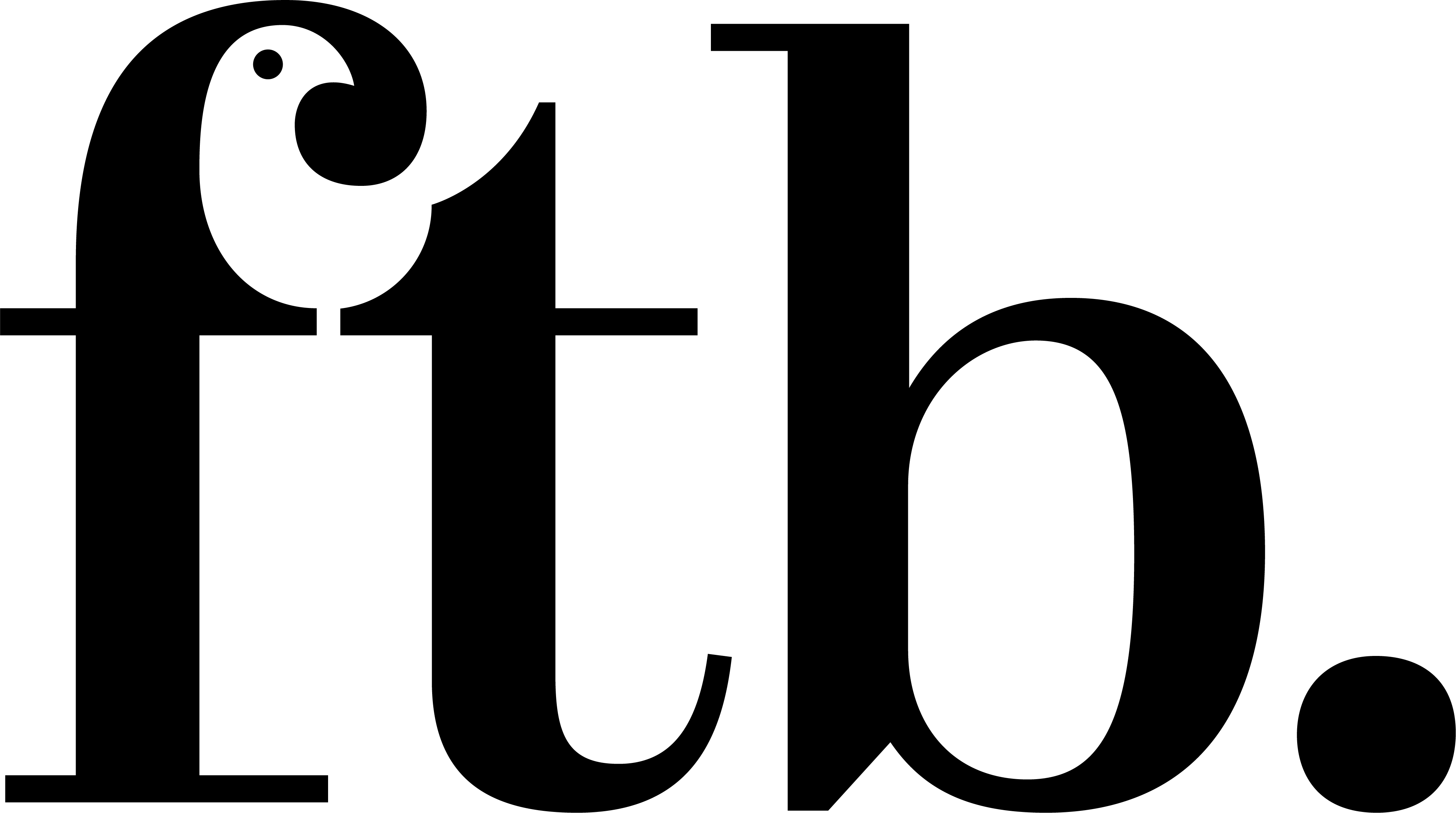Whilst Haleon’s demerger from GSK saw the company take some of the most recognised healthcare products with them, including the likes of Sensodyne, Advil and Centrum, the team expressed a passion for investing in the development of “category-leading” companies “that address real consumer health needs”.
However, another sizeable focus for the business is on the nurturing of innovators in healthcare at early stages of their development. In late 2022, Haleon announced their third cohort of its Re/Wire Health Studio accelerator program.
This cohort included the femtech product Midday, an app from Lisa Health which was one of six companies to benefit from the programme. It covers a multitude of business factors, from development of brand and product, strategic roadmapping and behavioural economics through to insights on fast-tracked global scaling and commercialisation.
The recent Menopause Awareness Month highlighted the ongoing need for support for the 1.2 billion women expected to be experiencing perimenopause and menopause by 2030. Midday endeavours to offer a personalised, end-to-end digital solution for both the physical and emotional stressors experienced by women during this time.
Everyday oral health, understanding the microbiome of the gut and CBT mental health support are just a snapshot of some of the other issues being tackled by companies that were chosen to partake in the incubator programme.







